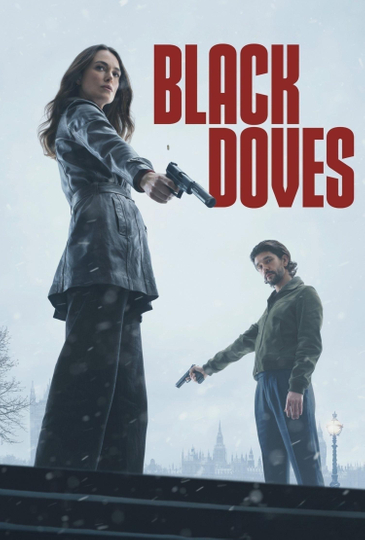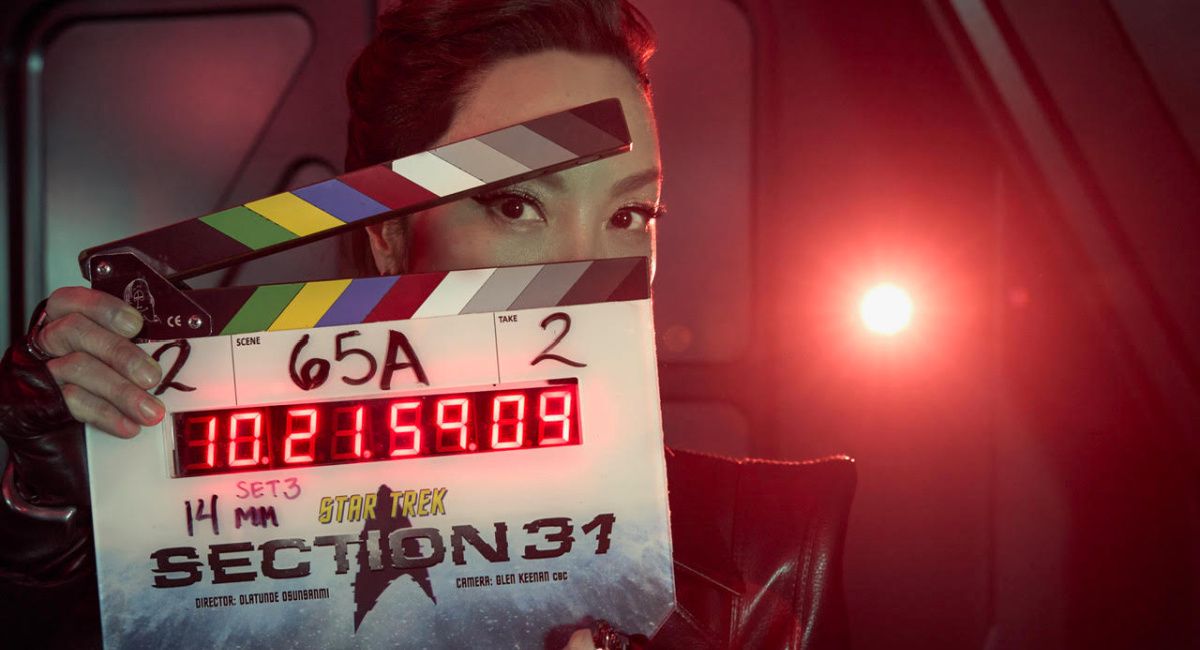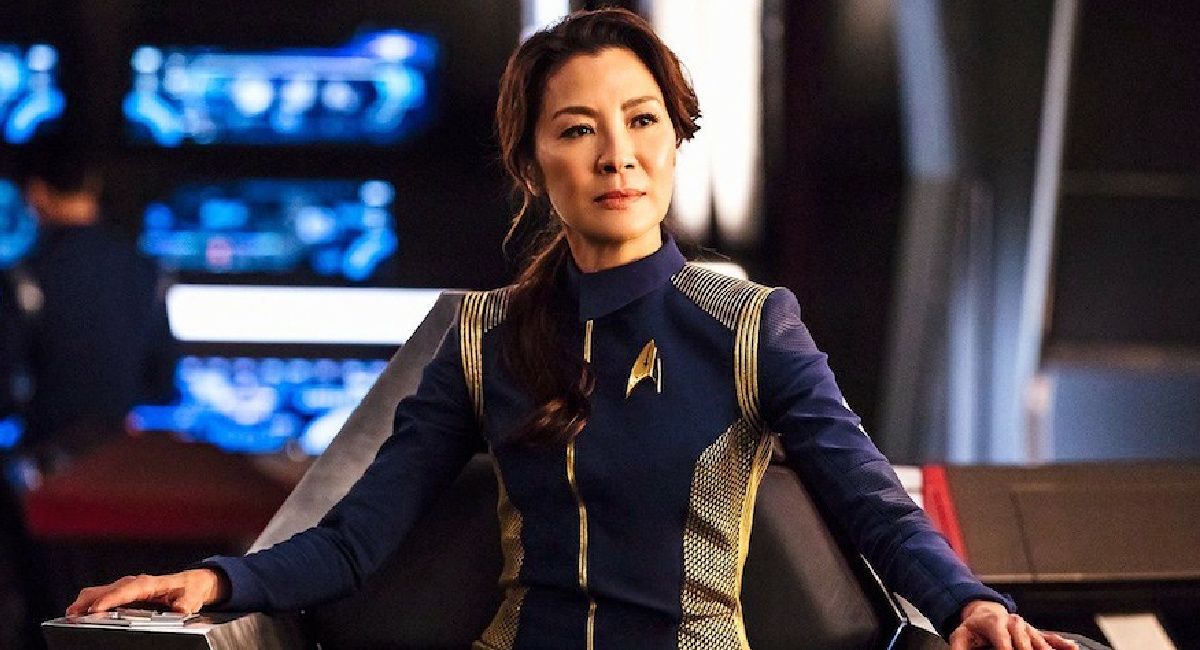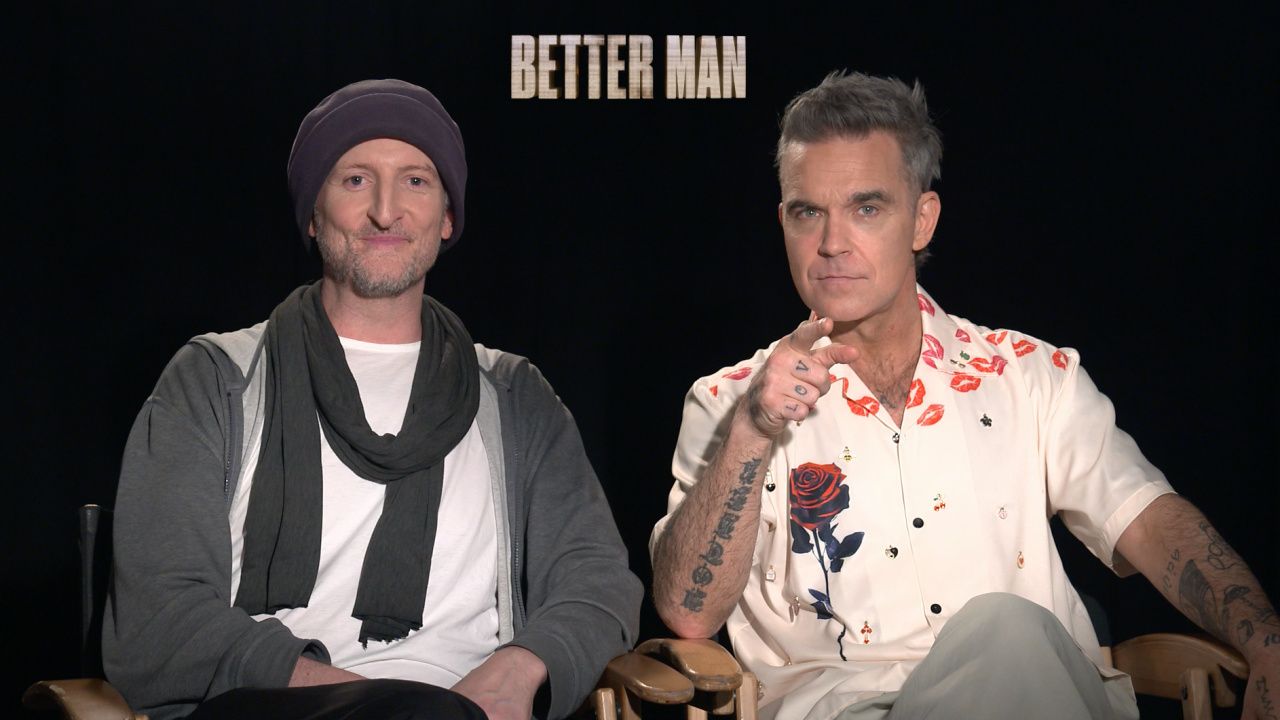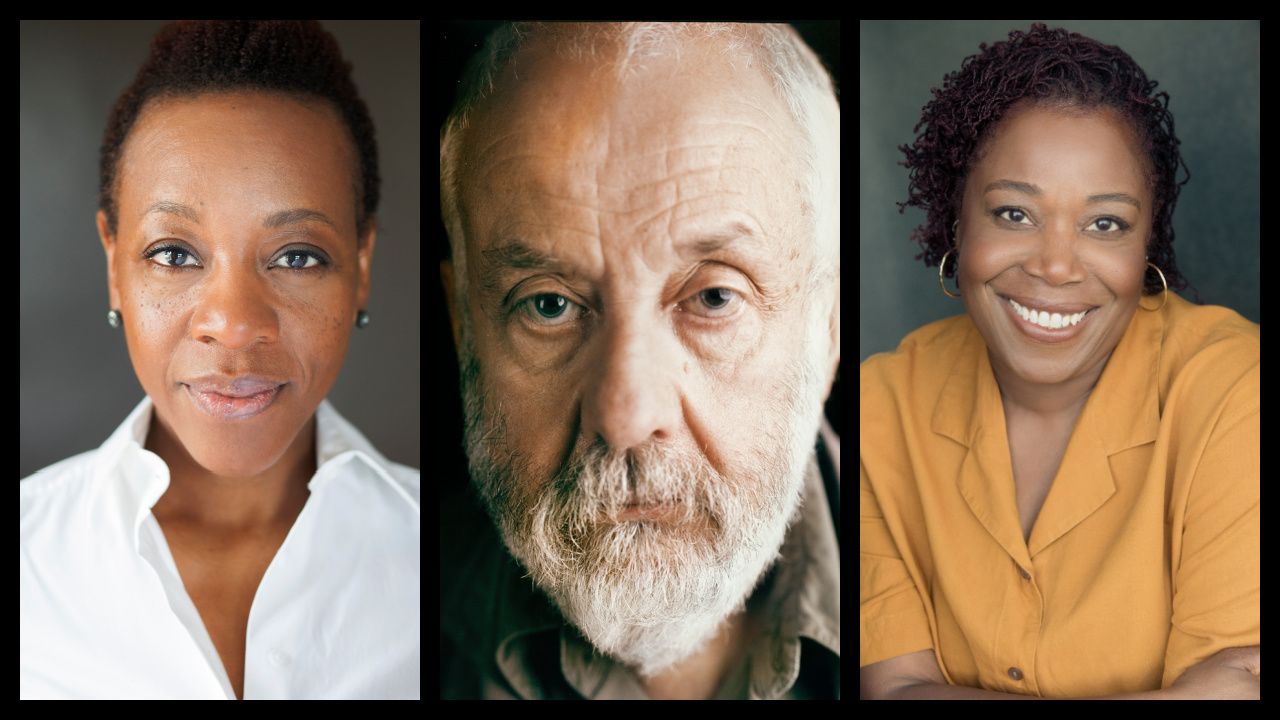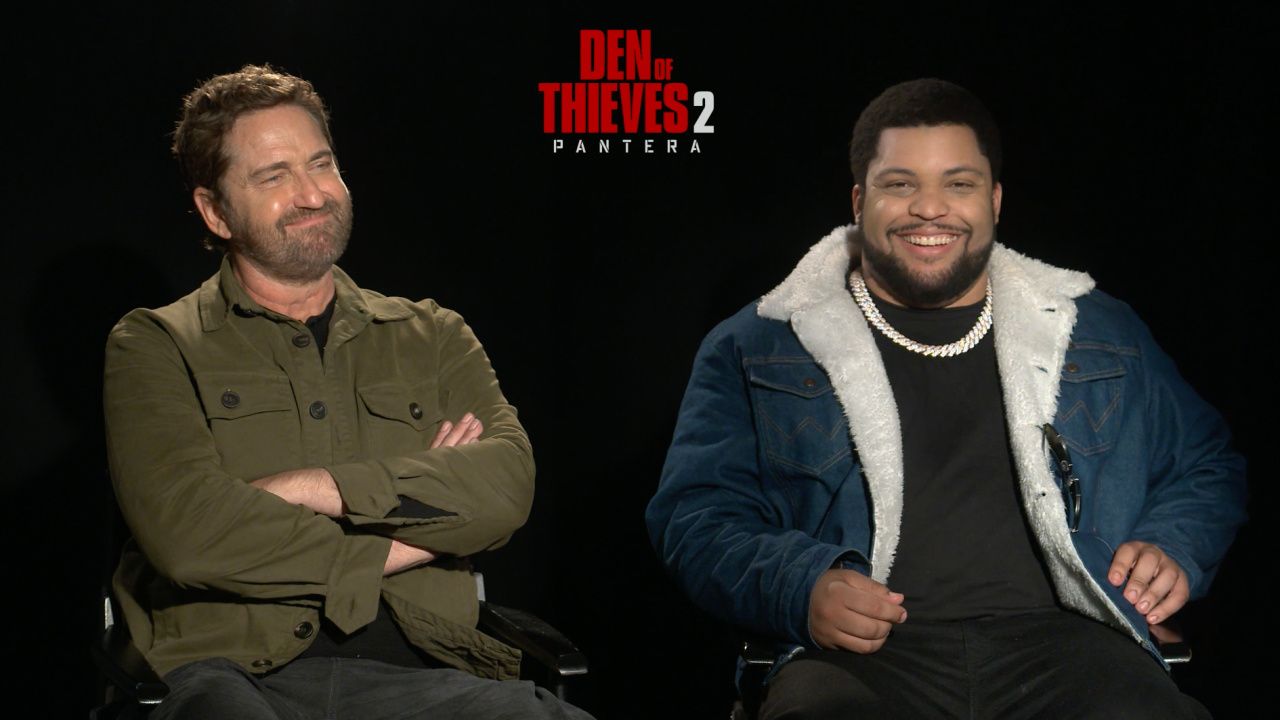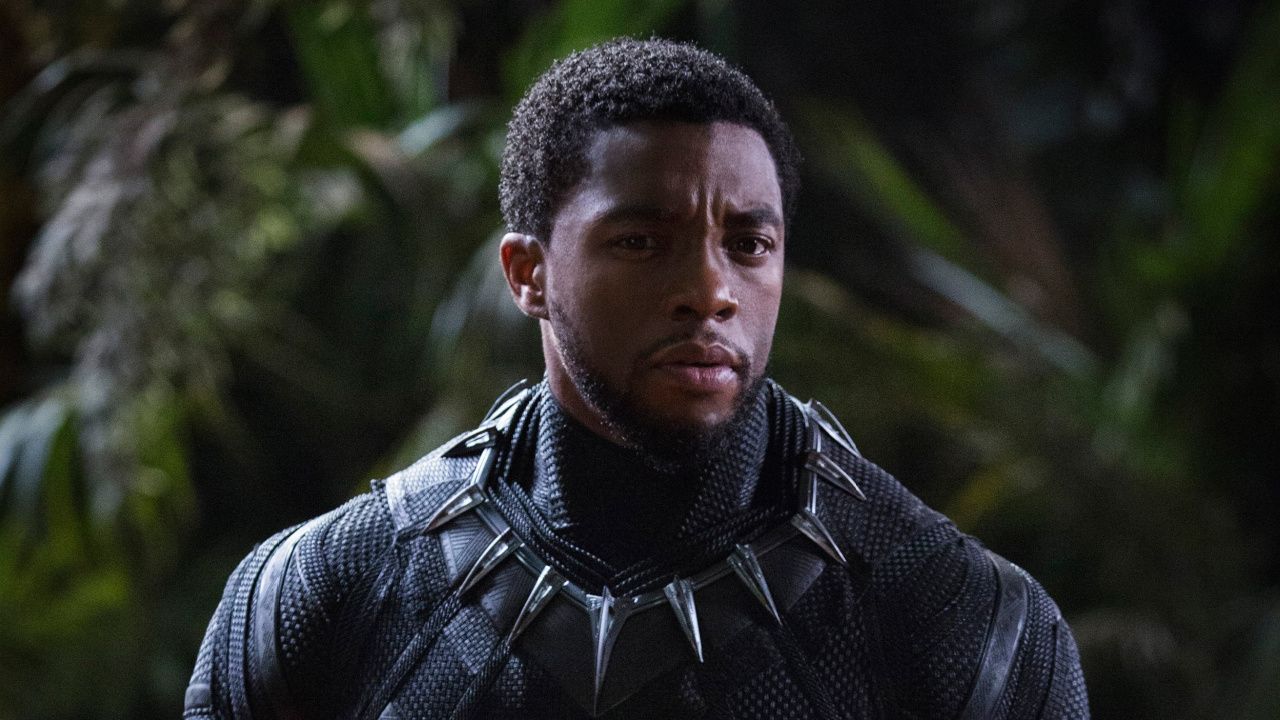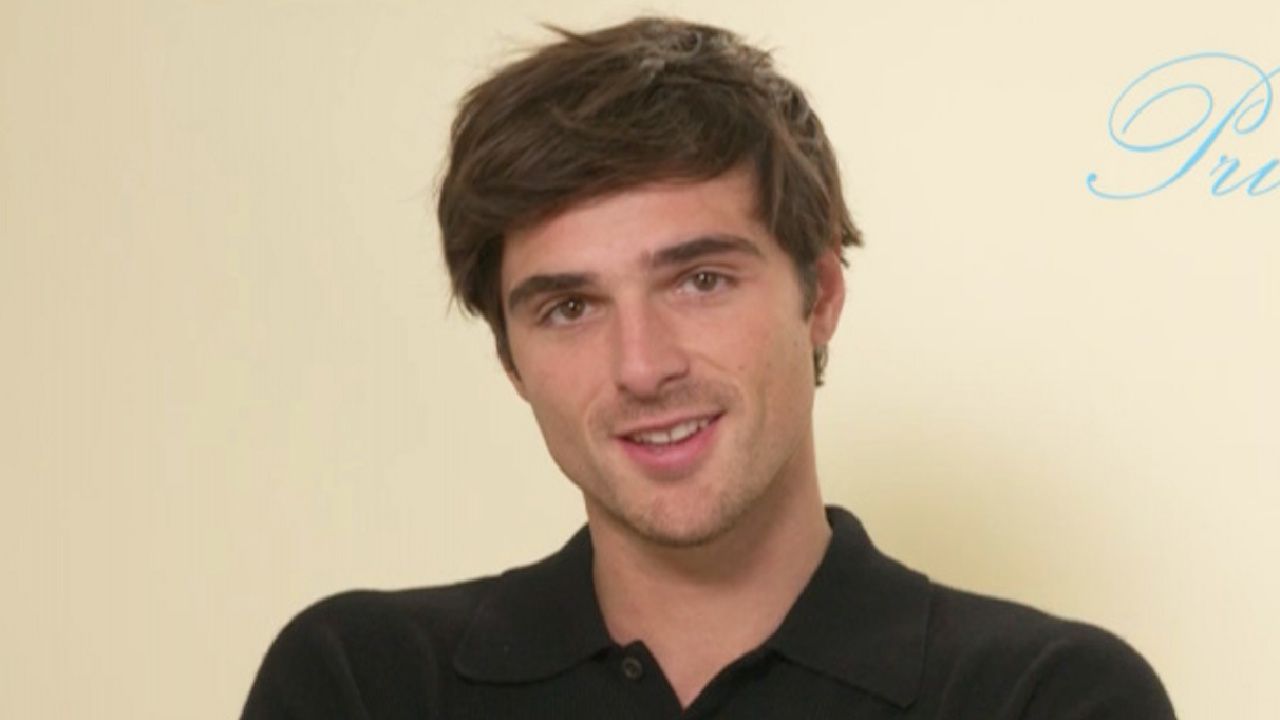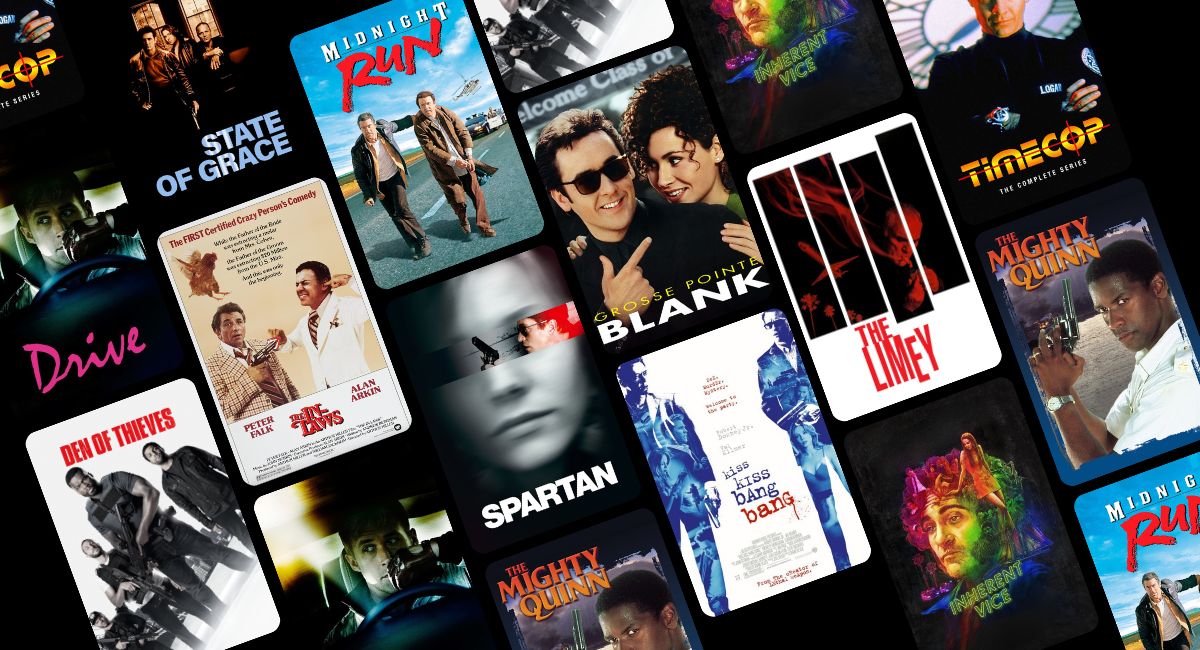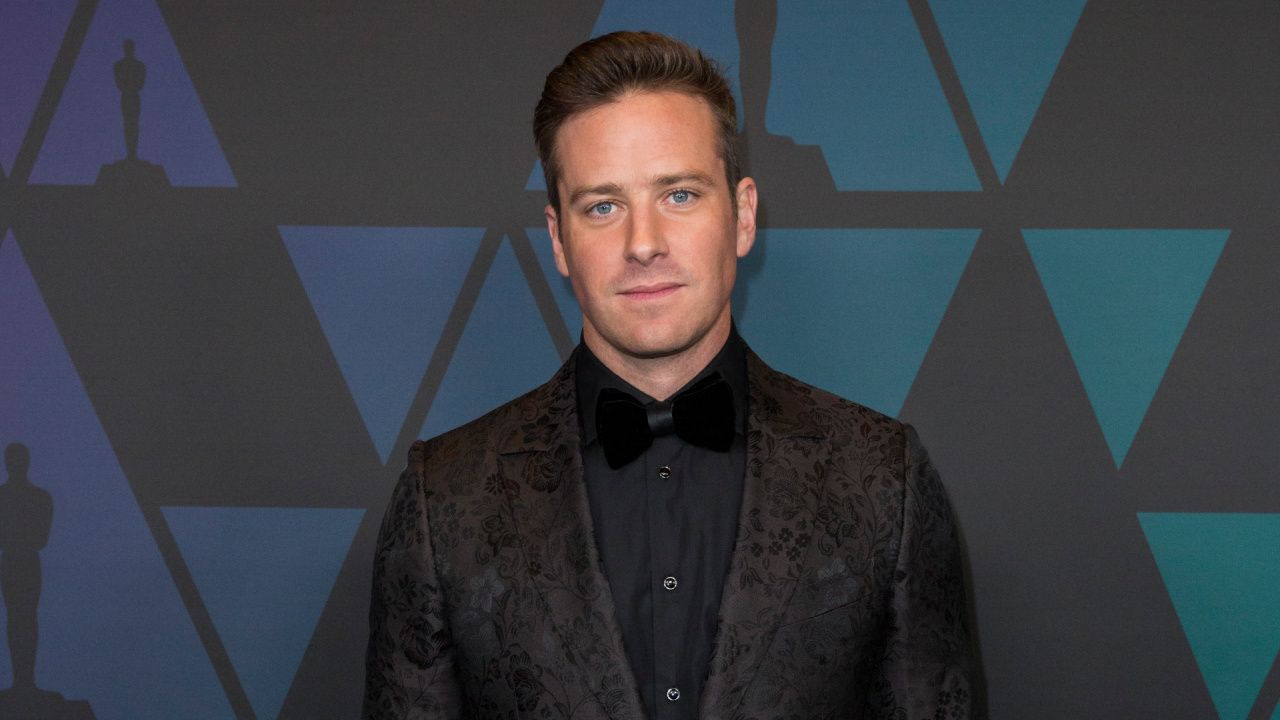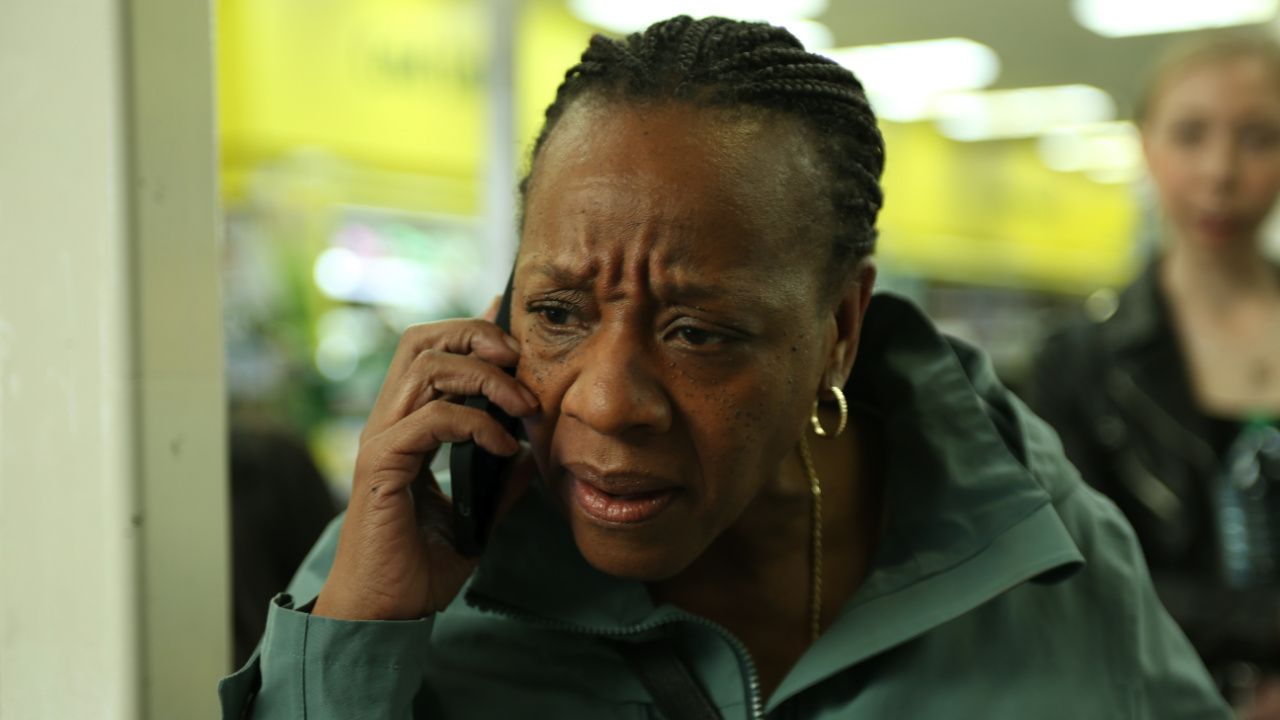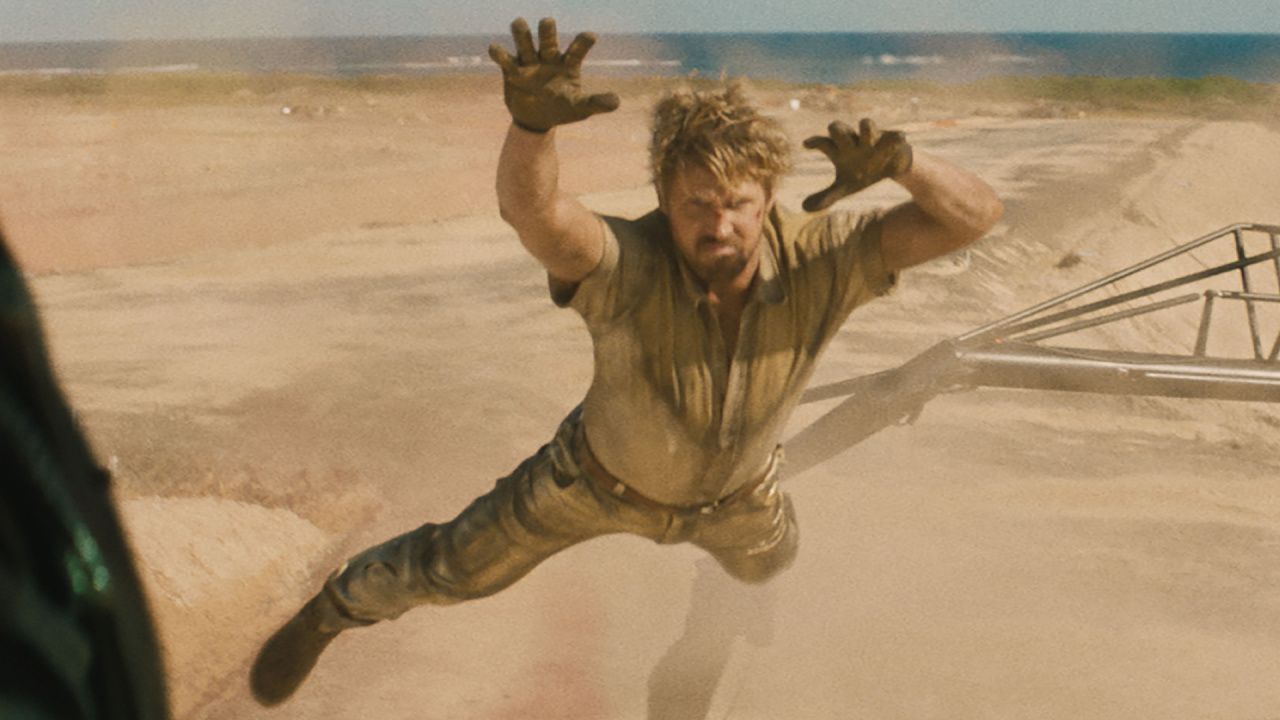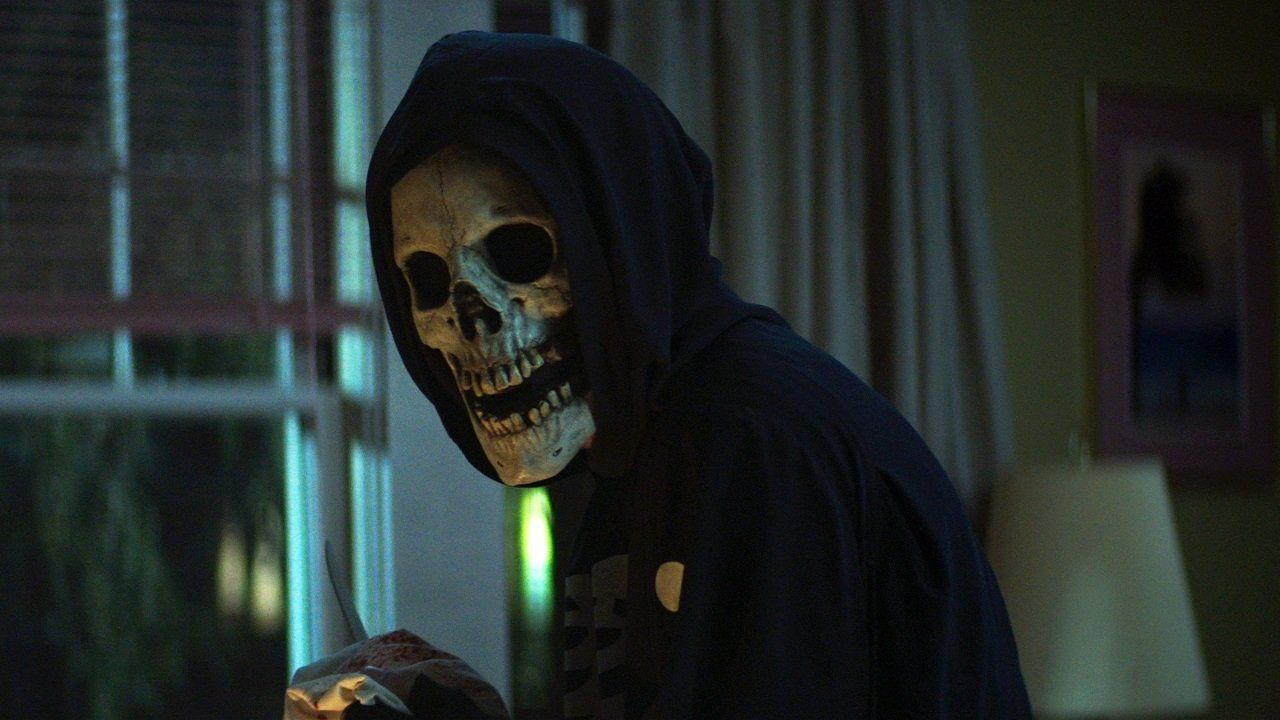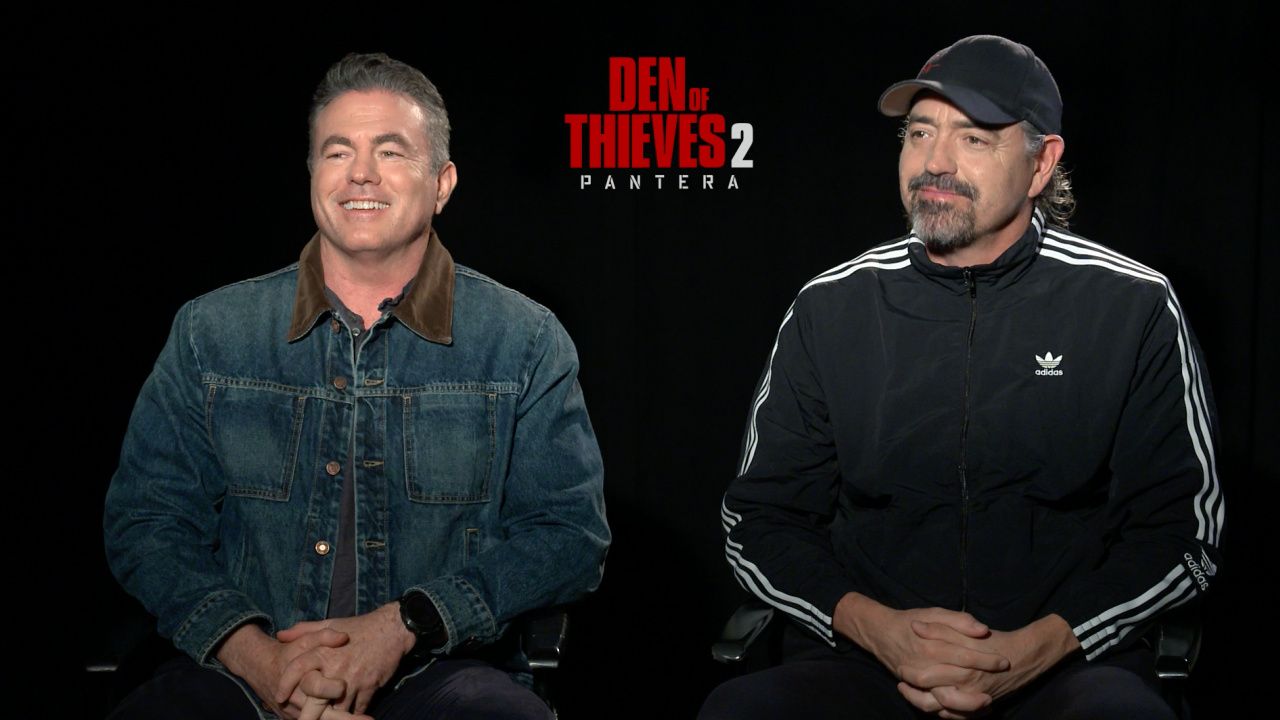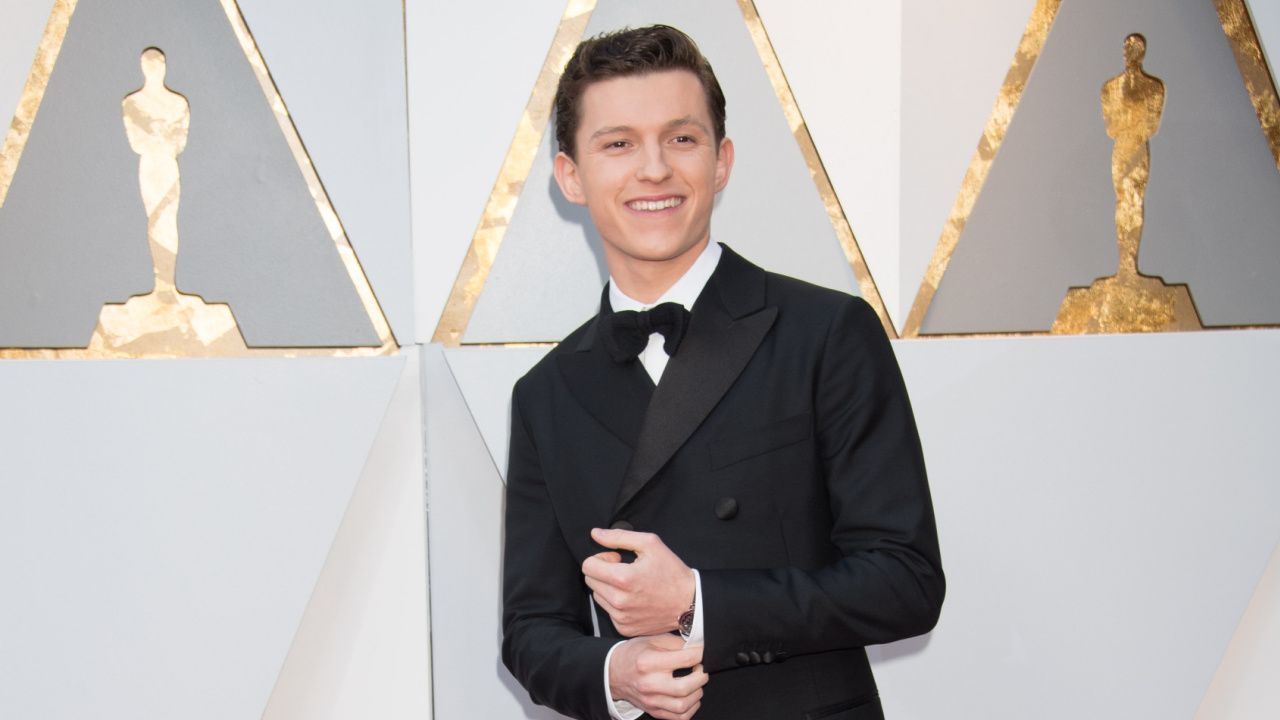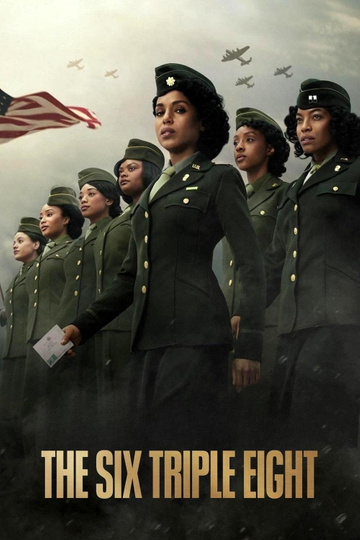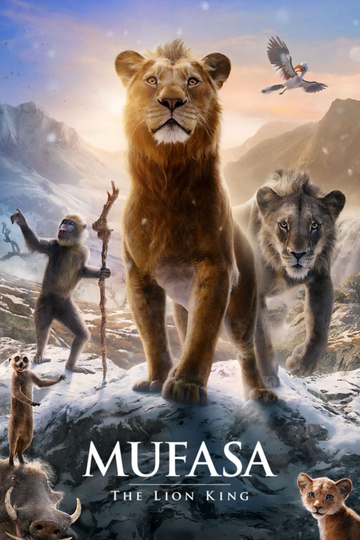Bryan Fuller Reveals New 'Star Trek' Details, Says Series Will 'Eventually' Revisit Characters
Fifty years after the dawn of its original five-year mission, it's clear that there's very likely no final frontier when it comes to "Star Trek." And even as fans celebrate its rich history on the 50th anniversary, Bryan Fuller is ready to captain "Trek's" Next Iteration into an even bolder future.
Following its debut in 1966 and an abbreviated three-season network run, creator Gene Roddenberry's "Star Trek" has become, in the intervening five decades, the most singular (and profitable) phenomenon ever spawned by the television medium, and holder of many unique distinctions: one of the earliest series ever given a second shot at a pilot when the first outing proved a bit too cerebral but showed great potential; cancelled not once but twice, after a massive, organized fan letter-writing campaign earned a reversal on its first axing; one of the first bona fide syndication sensations, broadening its cult audience into legions of viewers; one of the first series to be adapted into animated form, reuniting the bulk of the live-action cast; and the first-ever series to spawn the fan-centric convention culture and eventual online communities that reign today, attracting and uniting the passionate fanbase, both literally and virtually.
There's more: A sequel series was conceived to launch a fourth broadcast network that never came to be in the 1970s, but (with a little help from the sensational popularity of "Star Trek: The Next Generation" proved the durability of the concept beyond its beloved original cast -- it won Peabody Awards, built a merchandizing juggernaut and launched a profitable first-run syndication market that subsequently gave birth to hits like "Baywatch" and "Xena: Warrior Princess" before ending on its own terms after seven seasons and moving into its own film series.
Additional shows like "Deep Space Nine" built the brand, predicting dynastic TV like "Law & Order" and "CSI," and with "Star Trek: Voyager" the franchise got around to launching a new broadcast network, UPN. After a period of cultural oversaturation and subsequent dormancy, "Trek" was successfully rebooted, reimagined, and re-youthified by former TV wunderkind J.J. Abrams into a faster, flashier, and equally popular new film series, proving yet again that "Star Trek" could continually go where no TV series has gone before.
And this is merely the show business pedigree. The social impact of "Star Trek" over its 50-year mission -- from including a multiracial crew with minorities in command roles at the height of the Civil Rights struggle to TV's first interracial kiss; from the innumerable fans it inspired to pursue careers in the sciences and the arts to its fictional technologies turned fact today; and from William Shatner's musical career to the Internet dominance of George Takei -- is, quite frankly, without measure or precedent.
Which brings me to Bryan Fuller, recently anointed at the next television caretaker of the "Star Trek" storytelling legacy, which once again pioneers new ground as the flagship original series of CBS's All Access streaming service.
If Fuller's pedigree as the creator of beloved, creatively adventurous series -- both original, like "Pushing Daisies," and building out pre-existing lore, like "Hannibal" -- isn't enough to excite fans looking for a return to the "Trek" tradition of provocative allegorical storytelling, consider that not only has Fuller already worked in the show's universe as a writer for "Deep Space Nine" and "Voyager," he's assembled a dream team of supporting creators from "Trek's" diverse history to work on the show.
Among them are filmmaker Fringe," "Hawaii Five-0" and 'Scorpion"; writer-producer Joe Menosky, a veteran of three "Star Trek" syndicated series; and Roddenberry Productions' Trevor Roth and Rod Roddenberry, the son of the former airline pilot-turned-LAPD speechwriter-turned-TV writer-producer who created it all.
While visiting the Saturn Awards, the sci-fi/superhero/fantasy equivalent of the Oscars and Emmys, I had my first chance to chat with Fuller since the new "Trek" series was announced, and as our conversation reveals, the as-yet-untitled new series he's working on may be exploring even more new worlds, new civilizations and, perhaps most importantly, new philosophical questions about human existence at the furthest reaches of the galaxy. The series will never travel far from the legacy he hopes it upholds.
Moviefone: You have a history with the franchise, you're going to have more history with the franchise. As we approach the 50th anniversary, what has "Star Trek" meant to you over the years?
Bryan Fuller: Oh, well, it's the promise of a better world. Not only is it wonderful high-concept science-fiction storytelling, but it is the promise that we're going to get our sh*t together as a species, fix our planet, and move out to the galaxy as a team. I think that's the most exciting ... that's the most promising thing that "Star Trek" offers, is a vision of the future where we do all get along.
You have a dream team assembled -- creative people plucked from various eras in "Star Trek" history. What has that aspect brought to the table for you, in terms of who is putting the show together?
I think it's really about making sure that we maintain authenticity. One of the things that I am so excited about is working with Joe Menosky again, who I worked with on "Voyager," and who was a pivotal writing in "Next Generation," and a mentor of mine. So it's wonderful to be working with him on "Star Trek."
It's wonderful to be working with Nicholas Meyer, who I've admired for a long time. I pinch myself from time to time just being in the room and having the conversations that we're having.
Nick in particular is known for, arguably, the best of the movies, really: "Star Trek II: The Wrath of Khan."
I agree.
What has he brought to bear on the new series, with that distinctive dramatic sensibility that he has?
Well, a clarity and a cleanliness to the storytelling. An ability to ground science-fiction in a relatable way, and also making sure that we're telling character stories.
There's been a lot of speculation about the format and setting of the new series. What would you like to put out there now, to wet the appetite for the audience?
I mean, it's funny. I've read that we're [set] before "Next Generation," after ["Star Trek VI: The] Undiscovered Country," which is false. I've read that it's an anthology show, which is not accurate. So it's interesting to see those suggestions, and seeing the truth mixed in with them and going like, "Oh, they got that part right..." But it's sort of on the truth-o-meter on PolitiFacts. It's sort of like some truth, and a lot of like, "No -- pants on fire! That's not true."
People got excited about the word "crews," plural, in the teaser trailer.
Yeah.
Does that have a specific meaning? Or was that sort of a word that was used?
No, I think we will be seeing lots of crews in the story. One of the things that is exciting for me is that we are telling a "Star Trek" story in a modern way. We're telling a 13-chapter story in this first season. It's nice to be able to dig deep into things that would have been breezed passed if we were doing episodic and had to contain a story to an episode.
Would you like to revisit any characters? Is there a window open to bring in characters that have been established in the canon?
Eventually. Eventually.
Is the streaming aspect of it -- is that going to affect it at all? Are you going to drop them all at once? Do you even know yet?
No, it's going to be weekly. And what it does allow us is, we are not subject to broadcast standards and practices. So we can have profanity if we choose -- not that I want to see a "Star Trek" with lots of profanity. But we can certainly be more graphic than you would on broadcast network television.
Tell me about the allegory element that is so potent in "Star Trek" storytelling, and what you want to do, what boundaries you want to push in this day and age.
Well, I think that "Star Trek" is a show of firsts. And in researching the characters for this new iteration of "Star Trek," I've been talking to Mae Jemison, who's the first black woman in space, and who saw "Star Trek" in the '60s and who saw Nichelle Nichols [as Lt. Uhura] on the bridge of a ship and said, "I see myself in space."
So there's something wonderful about the legacy that Nichelle Nichols represents as giving a gift to people who weren't previously able to see themselves in the future. We are going to be continuing that tradition of progressive casting and progressive character work to be an inclusive world.







